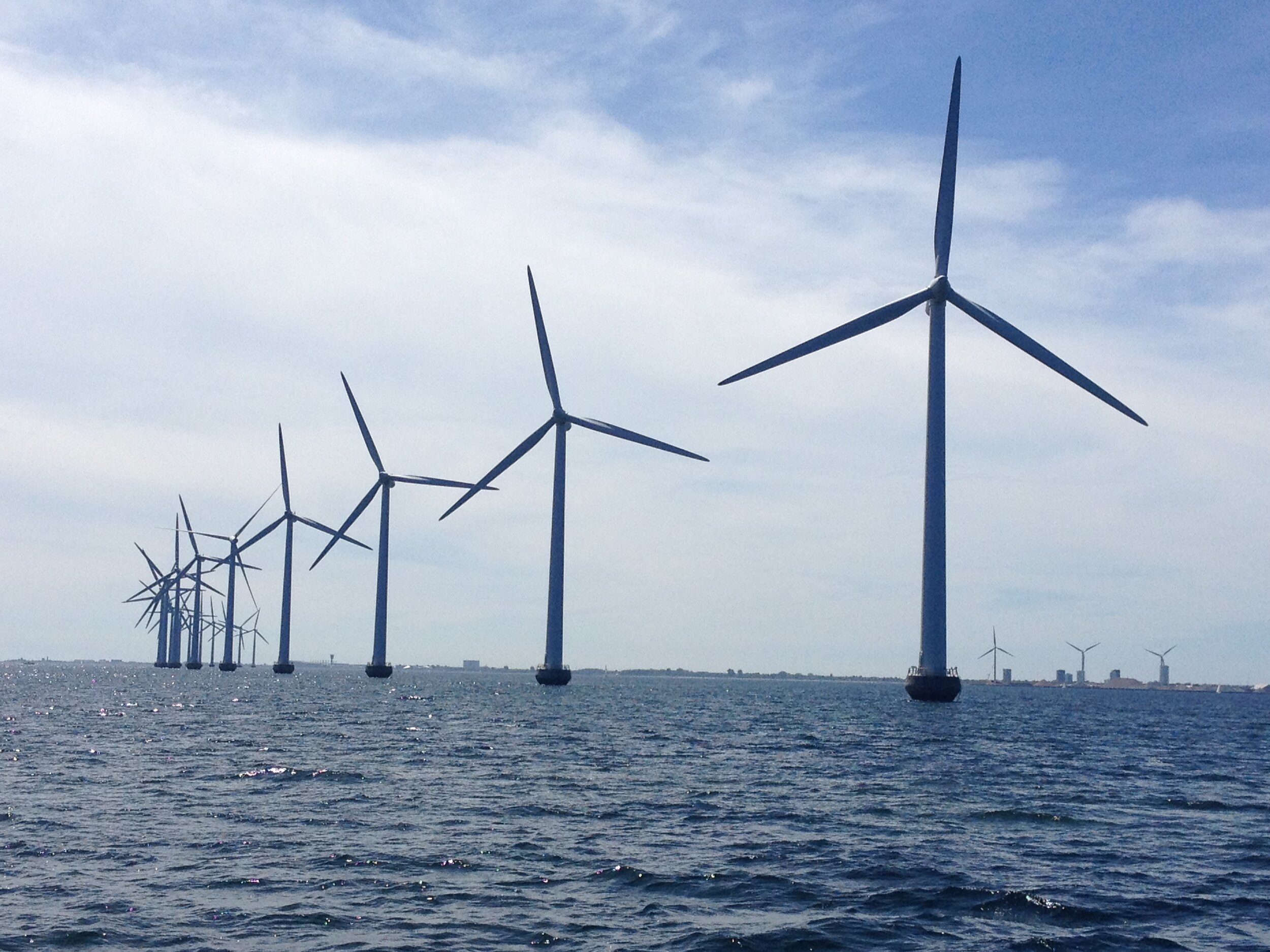
What we do at the Energy & Sustainability Centre
ESC is a not-for-profit NGO offering research, training and advice to organisations and individuals on sustainability.
Our Role - to act as a pathfinder and intermediary between Government and Industry, sharing ideas and knowledge to promote the development of a secure, reliable & economic transition to low-carbon energy.
Motivation – to maximize the economic benefit of the green transition and to make a positive impact on climate change and the environment.
Mission – to develop ideas and inspiration on decarbonising society, helping to promote collaboration between the private and public sectors ito achieve net-zero emissions of greenhouse gases.
ESC is supported by company sponsors and public grants but operates independently to ensure that advice and recommendations are objective and impartial.
The Centre is closely connected with the Technical University of Denmark (DTU), who are at the forefront of research into the energy transition, as well as the Manx Geological Survey, an educational charity with focus on earth science on the Isle of Man.
The objectives of ESC are endorsed by Government leaders and environmental experts including: Hon. Alfred Cannan, MHK (Chief Minister); Hon. Laurence D. Skelly, MLC (President of Tynwald); Professor James Curran (Government adviser); Leigh Morris (Manx Wildlife Trust) and Professor Peter Bridgewater (University of Canberra, Sheffield Hallam University).
The Energy & Sustainability Centre Isle of Man (ESC) was established to help the Isle of Man decide which options towards a low-carbon, sustainable future offer most benefit to the local community.
.
As well as Business Director at ESC, Ralph Peake is Chair of the Isle of Man Business Sustainability Group, a task force within the Chamber of Commerce. As a Member of the House of Keys from 2015-2021, he has been closely involved in Government action on climate change. This led to a historic bill committing the Isle of Man to net zero carbon emissions by 2050. Prior to that he ran his own business for 25 years, specialising in energy efficient lighting band controls systems. He is also a Member of the Chartered Management Institute.
.
Dave Quirk is Research Director at ESC and Chairman of the Manx Geological Survey with a PhD in earth science. He is a specialist in energy and natural resources with the position of Energy Transition Advisor at DTU Offshore, part of the Technical University of Denmark - a world leader in renewable energy technologies. Dave has previously worked in industry, including in oil & gas with Shell and Maersk, and now collaborates with international companies and national authorities on subjects as diverse as energy storage and public engagement. Over the last five years, Dave has carried out research, presented papers and published scientific articles on the implications of climate change and economic ways of achieving net zero emissions.
Adrian Cowin is the former Senior Meteorological Officer in the Isle of Man Government, and has extensive experience as an Operational Meteorologist. He is the Island’s foremost scientist on weather and climate change and has a keen interest on mitigating the impacts. Adrian is Fellow of the Royal Meteorological Society and, for 17 years, he has served as a Commissioner for Arbory Parish. He is a keen cyclist and is closely involved with the Isle of Man Veteran Athletes’ Club.
Kimberley Moughtin, aka ‘The Business Genie’, specialises in business development and bringing organisations together in mutually beneficial partnerships. Kimberley is dedicated to fostering both professional and personal growth for businesses and individuals alike, thereby making a lasting impact on the Manx economy and society. Beyond her professional expertise, Kimberley is passionate about giving back to the community. For the past 9 years, she has been a dedicated volunteer with the Manx Breast Cancer Support Group and Mannin Cancers, contributing to vital causes that support local health initiatives. She also volunteers with Junior Achievement Isle of Man, mentoring young entrepreneurs in the company programme, helping the next generation of innovators turn their ideas into reality.
Rebecca Keeley is the youngest member of the ESC team, having recently graduated from Lancaster University with a degree in Physical Geography. Rebecca previously worked in IT and now combines her interests in technology, sustainability and environmental science to work towards a better future for society and the planet. She has carried out scientific research into climate change, sustainable agriculture and green energy. Rebecca is also a keen walker who enjoys discovering landscapes and nature.
DEFINITIONS
Energy transition - the change from a fossil fuel-powered economy to one where most energy comes from low-carbon sources and the negative impacts of human activities on the climate and the environment are minimized.
Sustainability - where human activities and behaviours neither degrade the environment, nor permanently deplete a natural resource nor cause harm to livelihoods and ecosystems.
Want to get in touch with us?
Fill out the form and we will get back to you.


